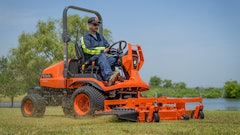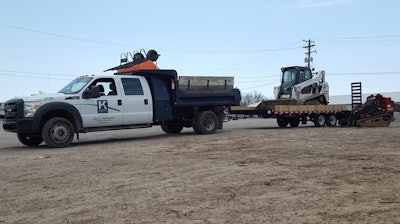
The adage that BOAT stands for “break out another thousand” speaks volumes to the fact that outdoor equipment can fall apart and prevent you from doing what you enjoy if you’re not servicing or maintaining it correctly. That said, one of the most overlooked and undervalued pieces of equipment you might own is a trailer. Trailers require just as much maintenance as anything else you own, and if you ignore it, you open yourself up to an expensive disaster. The good news is that, with a little bit of proactive care, and knowledge about your tires, lugs, and electrical connections, you can drastically keep expensive and untimely repairs from occurring. Now that the seasons are slowly changing, take some time to tackle these few tasks before you hit the road or water.
1. Give the Lugs Some Love
One of the most problematic and fixable trailer issues usually involves the wheels and tires. Flats, blowouts and busted rims are a regular problem for everyone that drives anything with wheels, especially if you travel over rough terrain. Here are a few steps to ensure you can get a wheel off your trailer should a problem occur.
Loosen and tighten your wheel lugs annually or semiannually. This is a good safety measure to make sure the wheels are properly tightened and it lets you break free any corrosive buildup so you can loosen wheels later without much trouble. When the lugs are off, spray the threads with a corrosion-inhibiting spray to prevent the lugs from seemingly welding themselves onto the bolt after you put them back on. Don’t forget to do the same process to your spare wheel if it's also mounted on threaded bolts.
Ditch your four-way lug wrench and carry a large breaker bar with a socket instead. Take the time to make sure you have a socket that fits into the rim and fits over the nuts you might need to work with, and maybe even keep a backup in your dashboard storage, just in case. Remember, some trailer wheels have tight fittings that require a thin-walled socket, and if a bolt is especially long, you need a deep-well socket that fits all the way over the bolt. For all around peace of mind, there are thin-walled impact-rated socket kits that have a plastic outer coating available that doesn't damage your rims.
To read the full original article, please click here.
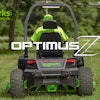

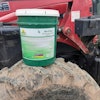


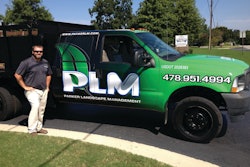
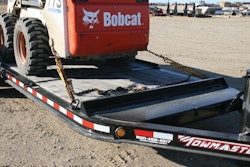
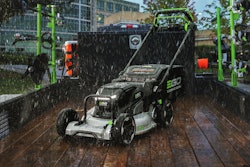






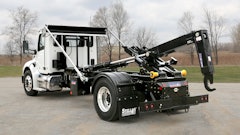
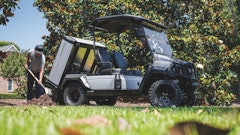

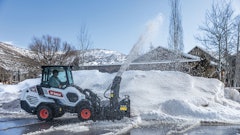
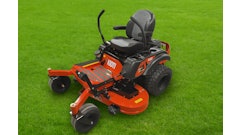
![U8kj71gt 720[1]](https://img.greenindustrypros.com/mindful/acbm/workspaces/default/uploads/2025/10/u8kj71gt-7201.8OyDyc124u.jpg?ar=16%3A9&auto=format%2Ccompress&fit=crop&h=135&q=70&w=240)
